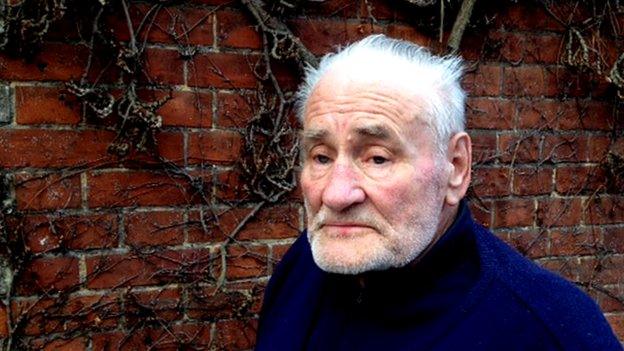WWII veteran, 102, receives freedom of town
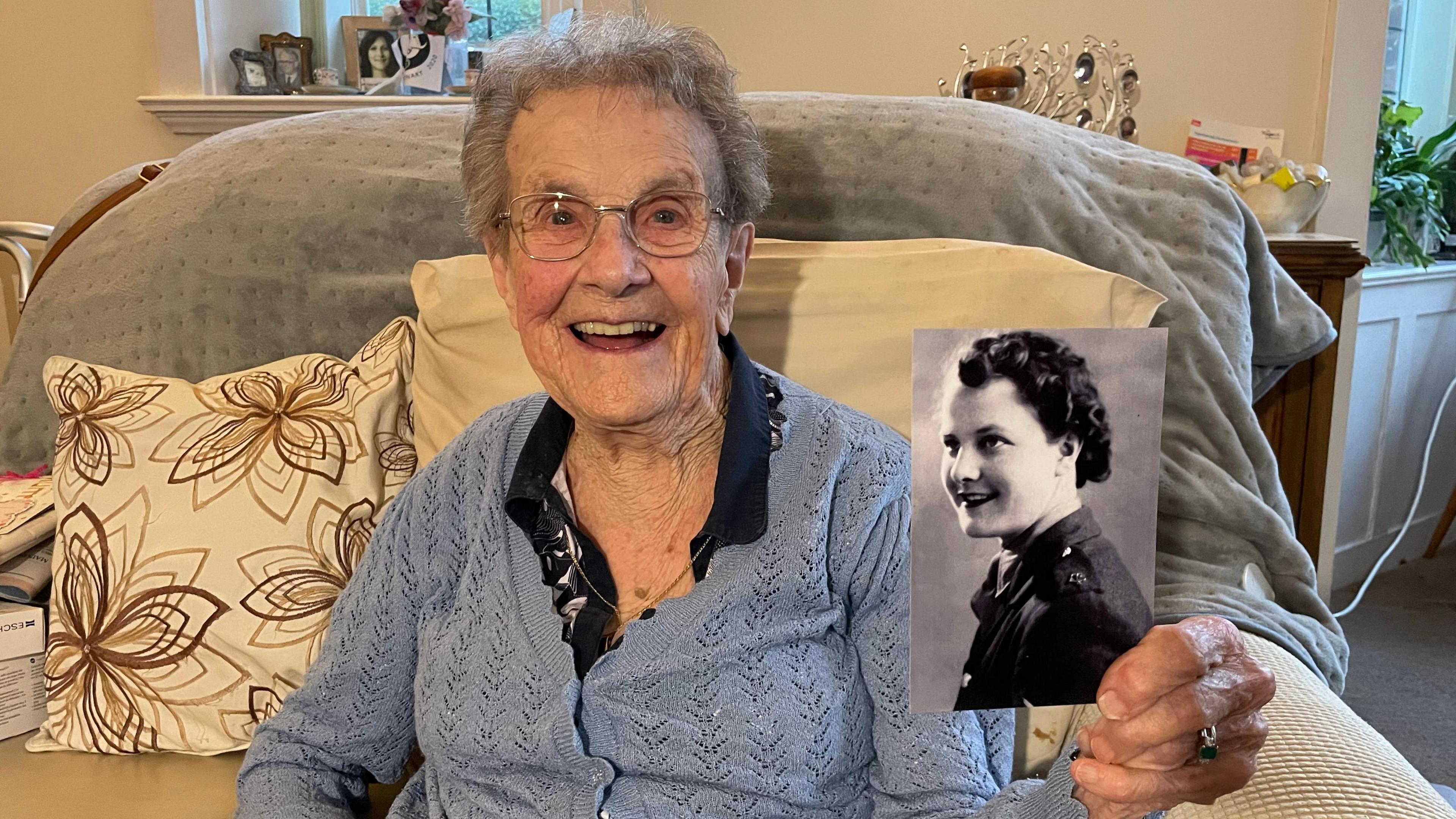
Sheila Pantin persuaded her father to let her join the Auxiliary Territorial Service when she was 17
- Published
A 102-year-old woman who is believed to be one of the first British servicewomen to enter the Bergen-Belsen concentration camp at the end of World War Two has been granted the freedom of Harrogate.
Sheila Pantin had signed up to join the Auxiliary Territorial Service (ATS), the women's branch of the British Army, at the age of 17 and worked as a fitness training instructor and driver.
In June 1945, she was sent to Bergen-Belsen, near Hanover in Germany, to look after women and children who had been liberated from the camp.
In her freedom nomination, Harrogate Town Council said the honour was intended to recognise her "impossibly difficult work" at the camp.
Mrs Pantin said her father had not wanted her to go to war, but she told him she would simply wait until her 18th birthday in October, so he "signed my papers".
'It's all over'
When Germany finally surrendered in May 1945, Mrs Pantin was serving in Belgium and she said she vividly recalled how she and her colleagues received the news.
"This man came on this motorbike and said, 'it's over, it's all over, we have beaten them'."
She said she had celebrated with friends by catching a train to Brussels.
"There were Yanks, there were British, Austrialian, Irish - all these nationalities all thoroughly enjoying themselves," she recalled.
"I remember climbing on top of single-decker trams. We had a lovely, lovely day and the people of Brussels and round about were all over us.
"They gave us a good time and, to this day, I don't know how I got back."
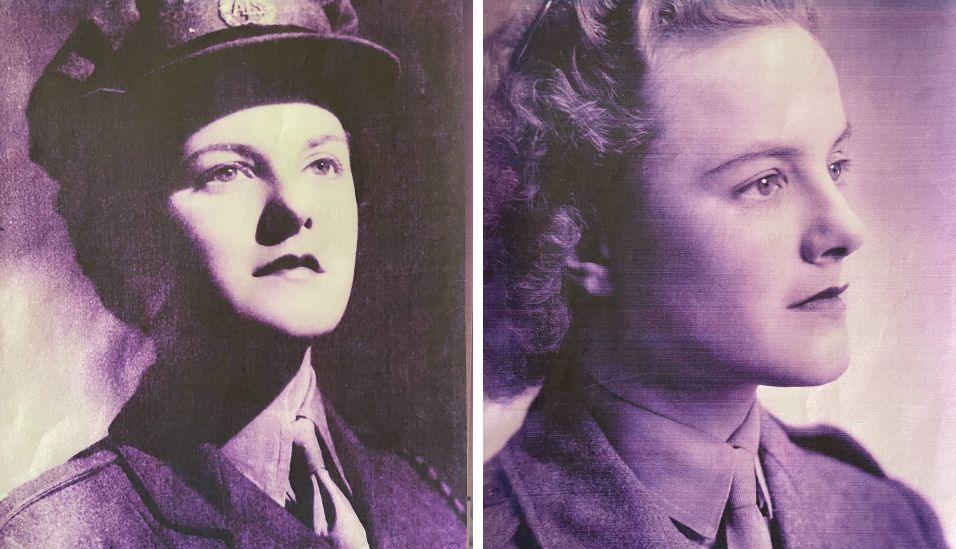
Mrs Pantin was sent to Bergen-Belsen after Germany surrendered in May 1945
It was shortly afterwards that Mrs Pantin, then 21, was asked to go into Germany.
"They sent for me and said, would you be prepared to go into the camps?" she explained.
"I said, of course, yes, I would like to do something useful. But what they meant was Belsen."
Bergen-Belsen was originally set up by the Nazis as a prisoner-of-war and internment camp.
It was later used to house Jewish prisoners who had been transferred from across occupied Europe.
Among the tens of thousands of people who died at Belsen were the young Jewish diarist Anne Frank and her sister Margot.
Mrs Pantin said: "I shall smell that place to this day. It smelled terrible, rotting bodies."
'Covered in lice'
Assigned a group of women and children to look after, she said: "These poor women. It was terrible, terrible, terrible to see them."
"I had to get them clean at first because they were just filthy and covered in lice and they were frightened of me and I was a bit frightened of them," she recollected.
"The children were terrified because I only had my uniform, I had nothing else to put on. It took me a long time to get to know them."
Mrs Pantin said she had found a senior officer and "ordered him" to find her clothes for the children.
She also taught the women to sew pieces of material together to make clothes, and how to use a knife and fork.
Meanwhile, she said she also tried to teach them English.
"I thought the best way is to sing, so I got them singing and it was mainly hymns," she said.
"That was August - and by Christmas, I had a Christmas tree up, trimmings up, the children all had presents and we had a superb time.
"I often wonder what happened to those women because they didn't seem to know where they had come from."
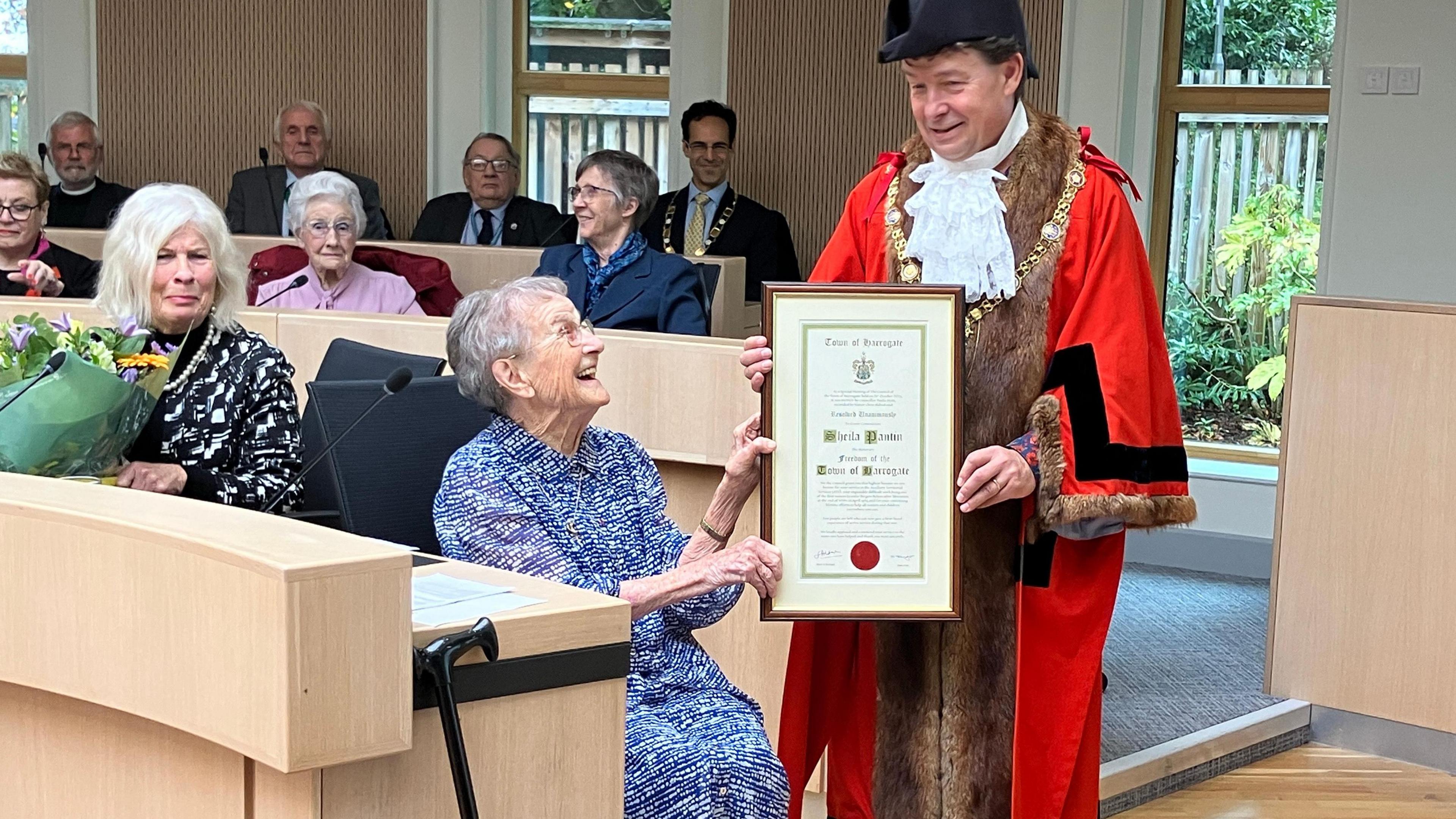
Mrs Pantin received the freedom of Harrogate at a special meeting of the town council
Mrs Pantin was demobbed in York in April 1946 and then trained as a secondary school PE teacher.
After her husband died, she spent 12 years working with the Women's Royal Voluntary service looking after soldiers and their families in Northern Ireland, Germany, Belize and Hong Kong.
A Harrogate resident since 1983, it was at a meeting of the council on Monday that she received the freedom of the town.
Mayor Chris Aldred said the council was granting the "highest honour" it could offer in recognition of Mrs Pantin's service in the ATS, and for her "impossibly difficult work" at Bergen-Belsen.
"We loudly applaud and commend your service to the many you have helped and thank you most sincerely," the mayor said.
It is the first freedom awarded by the new town council, previously the former borough council.
Mrs Pantin said she was a "bit overwhelmed" by the honour.
"I don't know what they are going to expect of me, but I'm willing."
Get in touch
Tell us which stories we should cover in Yorkshire
Listen to highlights from North Yorkshire on BBC Sounds, catch up with the latest episode of Look North.
- Published15 April
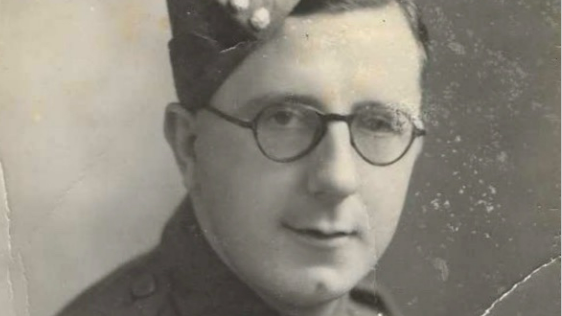
- Published15 April 2020
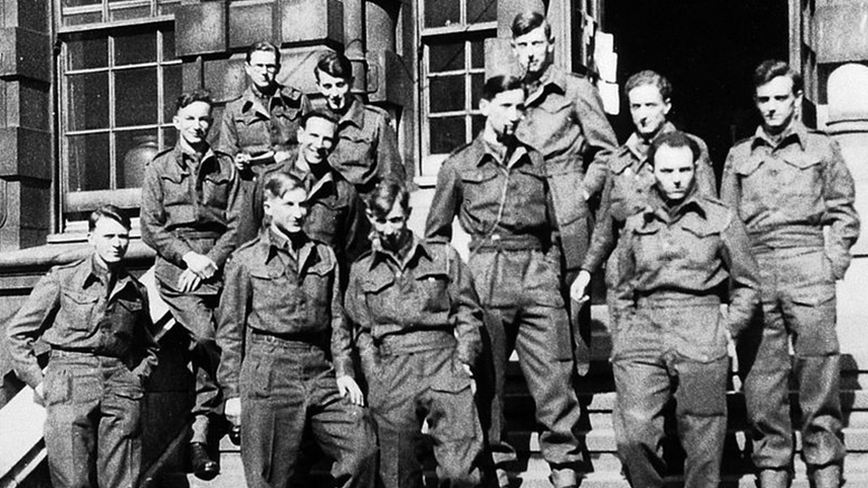
- Published15 April 2015
